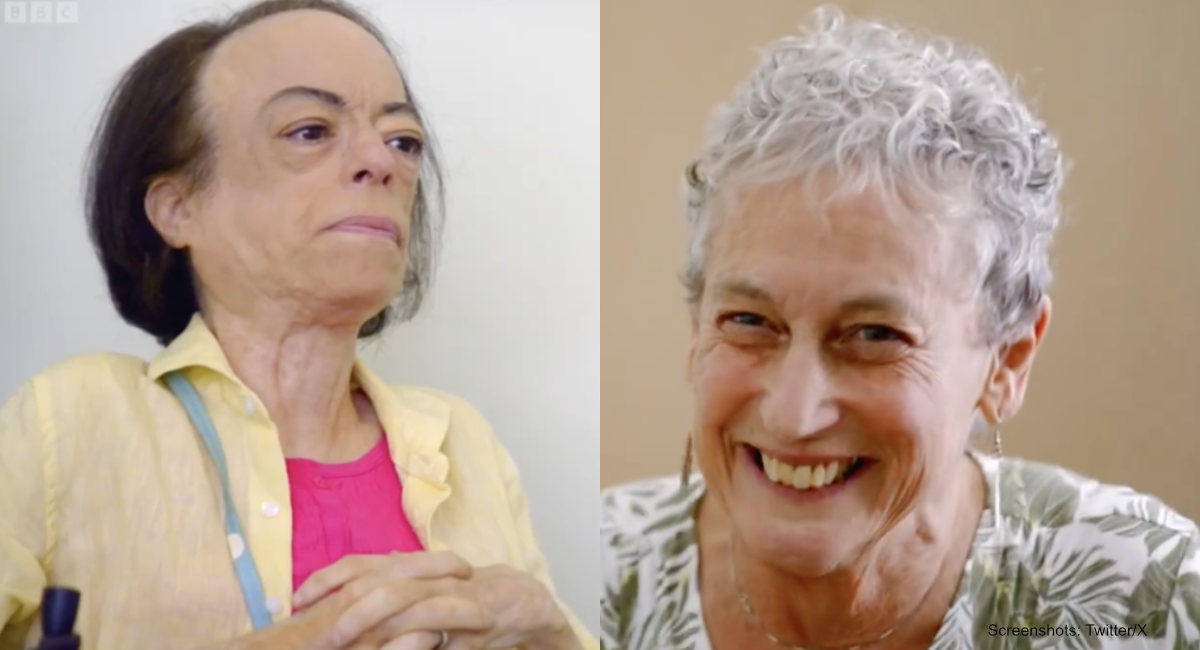UK actress and disability advocate Liz Carr is making headlines this week for her new documentary “Better Off Dead,” which reveals some of the dangers of assisted suicide and euthanasia (often referred to as ‘MAiD’, or medical assistance in dying). A clip from the film shows Carr’s highly unsettling interaction with Dr. Ellen Wiebe, an abortionist and euthanasia doctor in Canada. Wiebe, who has previously said that euthanasia is her “most rewarding work,” doubles down on that statement as she appears gleeful in discussing her role in killing human beings.
“I love my job,” she says of helping people to die. “I’ve delivered over 1,000 babies — but this is the very best work I’ve ever done.”
😟 @thelizcarr spoke to Dr Ellen Wiebe, a Canadian doctor who has helped kill over 400 people by euthanasia or assisted suicide, as part of her BBC One documentary 'Better Off Dead?'.
Not content with just killing people at the end of their lives, Wiebe also runs an abortion… pic.twitter.com/i3rNp6yzQE
— SPUC Pro-Life (@spucprolife) May 15, 2024
Though Wiebe, who says she has killed 400 patients upon request, attempts to make assisted death seem like a routine option, everything about her interaction with Carr feels uncomfortable. When Carr first greets Wiebe, she says, “Thank you for seeing me,” and extends her hand to Wiebe in greeting, saying, “Shall we do hands? Are we very formal?” Weibe chuckles and does not extend her hand to Carr, responding, “We don’t need to be formal, but we also don’t need to touch hands.”
She first shows Carr the spot where many of her patients choose to end their lives — a leather recliner in a sterile office. In a chilling, casual tone, she remarks that many people feel it is a “good place to die.”
Wiebe tells Carr that most people choose assisted death because they want to be in control. She notes that everyone’s idea of control and suffering is different, which means she often has to take people at their word when they say they can’t go on any longer.
“You’d have to be suffering unbearably, and you’d have to convince me you’re suffering unbearably,” she tells Carr with a grin before insinuating that she could help Carr end her own life.
“Liz, right now, you love life and you want to live. But, there’s lots of nasty illnesses you might get,” she says as she breaks into a strangely inappropriate peal of laughter. “And if you got terminal cancer and you had to go through chemotherapy and radiation, wouldn’t you be thrilled that you had the choice to say, ‘I’ll go this far, and no further’?”
Carr dismisses this idea, saying, “I’m concerned that giving the option and right to a group of people puts another group of people at risk, but I don’t feel that you see that as a worry.”
Wiebe insists that protecting vulnerable people is “simply cruel,” because advocating for protection for the weak or disabled means “condemning” others to live with “unbearable suffering.”
“I am so glad that I’m a Canadian, and we have this law so people can choose [assisted death] or not to choose that. But to say that someone has to suffer like that is simply cruel,” she says. “Doctors like grateful patients. And nobody is more grateful than my patients.” A shocking statement, given the fact that none of her patients are able to complain because they are dead.
Given Wiebe’s exuberance for killing people, it comes as no surprise when she admits to Carr that this isn’t the only work she does — she also founded and runs an abortion facility.
Her work reflects two sides of the same coin — killing preborn children and helping others to end their lives shows a casual disregard for the dignity and sanctity of life from conception to natural death.







